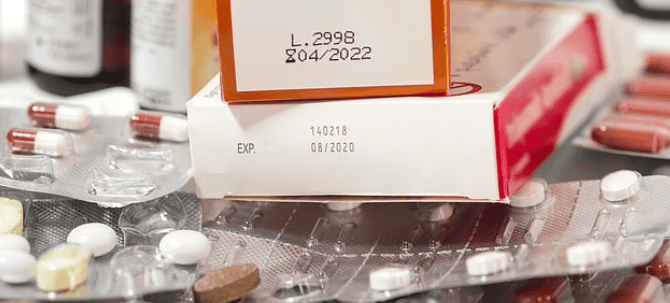We all know that foods have a use-by date but did you know that drugs do too? Some medication goes off quicker than others and may need special storage conditions. Medicine waste is a huge problem in the UK.
The problem of wasted drugs
According to research reported by the British Medical Association around £300 million worth of prescribed medication is wasted every year. This includes £90 million of unused medication that people have hanging around their homes. Drugs worth another £50m are disposed of by care homes each year.

Are out-of-date drugs safe?
The dangers of out-of-date drugs should not be underestimated. It is among the essential knowledge concerning the safe handling of medication that healthcare professionals need. This information can be learned on courses such as those found here: www.tidaltraining.co.uk/health-and-social-care-courses/safe-handling-of-medication-training.
It is essential that drugs that have gone off are disposed of correctly. But which drugs go off and why?
Can paracetamol go off?
These days, most paracetamol tablets are sold in blister packs. The packs have a coating of polyvinylidene chloride (PVDC) to keep out moisture and oxygen. However, some can still get through and over time they will make the drug break down. The active constituents of the tablets start to degrade. Once they are past their use-by date, 30 percent of the medication may have broken down within one or two years.
Can cold remedies go off?
Cold remedies are used to treat symptoms such as sore throats and congestion. In general, those in tablet form last longer than the ones in liquid form. Once their use-by date has passed, they will cease to act so well. It is important to always use medication within its use-by date.

Can antibiotics go off?
Antibiotics such as amoxicillin and erythromycin are used to treat bacterial infections. They are available as tablets or liquid medicine. Liquid antibiotics have a very limited shelf-life – it can be just seven or ten days. Often, they also have to be stored in the fridge. When antibiotics are supplied as tablets, they have a longer shelf-life.